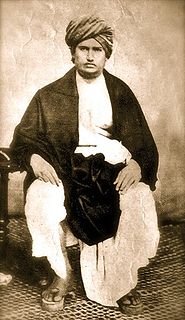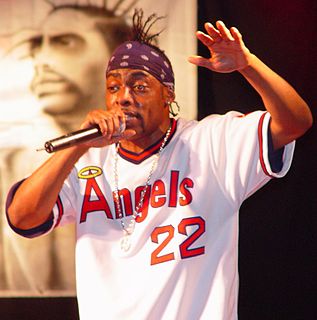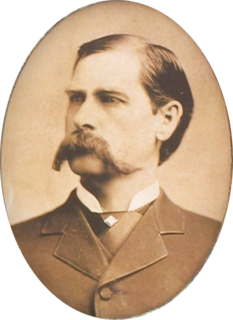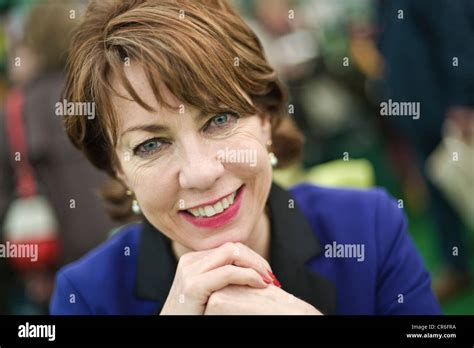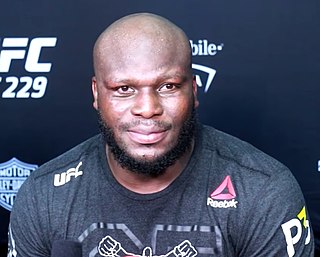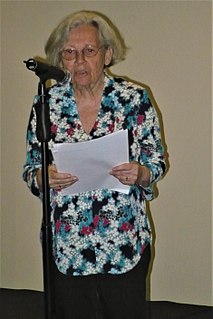A Quote by Dayananda Saraswati
What is crucial in dealing with loss is not to lose the lesson. That makes you a winner in the most profound sense.
Related Quotes
The most profound question is, "What would I risk dying for?" The natural answer is "for my family." But for most of history, we didn't live in families. We lived in small communities that gave us our sense of safety and place in the world, so the natural answer would be "for my people." The blessing and the tragedy of modern life is that we don't need our community to survive anymore. When we lose that idea, we lose a sense of who we are.
The most important lesson I've learned from sports is how to be not only a gracious winner, but a good loser as well. Not everyone wins all the time, as a matter of fact, no one wins all the time. Winning is the easy part, losing is really tough. But, you learn more from one loss than you do from a million wins. You learn a lot about sportsmanship.
What we grieve for is not the loss of a grand vision, but rather the loss of common things, events and gestures.... ordinariness is the most precious thing we struggle for, what the Jews of the Warsaw Ghetto fought for. Not noble causes or abstract theories. But the right to go on living with a sense of purpose and a sense of self-worth--an ordinary life.
